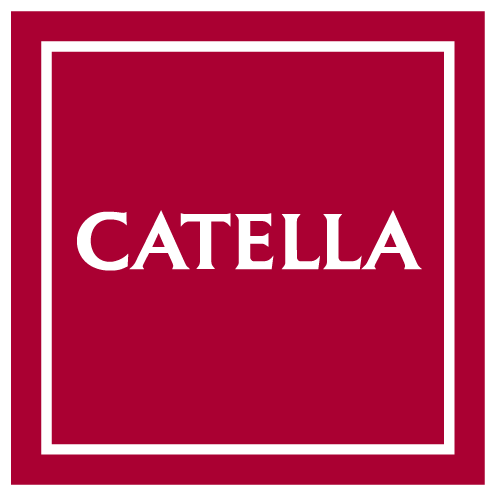The market for innovative workspace solutions remains dynamic, even though the share of co-working space in the total European office space market is still lower than 2%. After a strong spike in 2018, Catella Research is forecasting a further increase in demand for flexible office space for 2019 as well. The development is mainly driven by large corporates that are setting up their own campus structures. Sought-after locations include areas close to city centres, trendy neighbourhoods and business centres.
“The quest for higher efficiency will become a central issue in the years ahead,” says Dr Thomas Beyerle, Head of Group Research at Catella. “At the same time, there is a shortage of office space in existing structures. These two factors are boosting the coworking market.” Those driving demand are no longer just start-ups, small companies or freelancers. Interest is also on the rise among large companies, who hope to stimulate their own development with the sharing of ideas and the culture of innovation found in coworking spaces. Beyerle adds: “This is creating an entirely new culture of cooperation.”
Catella Research is also observing an interesting development in terms of the locations within the German and European city economy. At the start of the coworking cycle, supply primarily focuses on the conventional business districts close to city centres. As the cycle continues and numbers rise, coworking capacity spreads to other peripheral areas, and market diversity increases. At an advanced stage and in the cities with a large amount of coworking spaces, providers again start to concentrate on the central business district (CBD). Reasons for this include high demand from tenants for an urban lifestyle and good access to public transport.
Despite the ongoing growth of the coworking market, supply is still at a very low level relative to the overall office space. Catella Research expects flexible workspaces to account for around 4.8% of the total German office space market in 2019.
Among Germany’s top eight locations, Berlin takes the lead with 103 coworking spaces, followed by Frankfurt (43) and Hamburg (37). Costs per month for a permanent workspace range between EUR 150 in Leipzig and EUR 500 in Stuttgart.
“In any event, coworking marks a structural shift in rentals in all major European cities, even if the model still only accounts for a single-digit percentage of total space,” explains Beyerle.
Flexible workspaces in Europe
The European coworking market is extremely varied. London tops the ranking with 257 spaces in total, and has already reached an advanced stage of the co-working cycle. 70% of spaces are located in the CBD, with the rest in peripheral areas. At a distance follow Barcelona (164 spaces) and Madrid (157 spaces) in second and third place.
Catella Research estimates flexible office space to reach around 2.9 million sq.m. in 2019, or a share of approximately 1.05% of the total European office space market at prime locations of roughly 275 million sq.m.
“Coworking is a global and therefore comparable property product, but its branding is still in its infancy. At present there is only one lifestyle brand on the global stage, WeWork, while Kosh is now poised in Asia,” says Beyerle. “At the same time, coworking is just one piece of the puzzle of global metropolitan development: Urban coliving and public space developments are part of the story as well.”
The full analysis can be found at catella.com/research.
Further information:
Dr Thomas Beyerle
Head of Group Research
+49 69 3101 9302 20
thomas.beyerle@catella.de
Catella is a leading specialist in property investments, fund management and banking, with operations in 14 countries. The Group has assets under management of approximately SEK 180 billion. Catella is listed on Nasdaq Stockholm in the Mid Cap segment. Read more online at catella.com.
Documents
